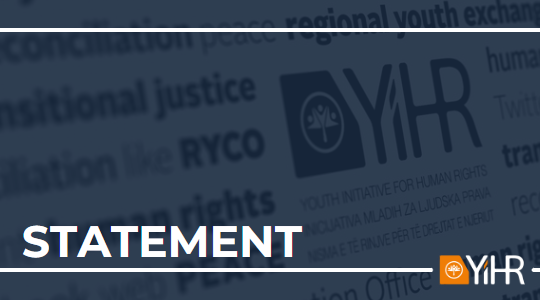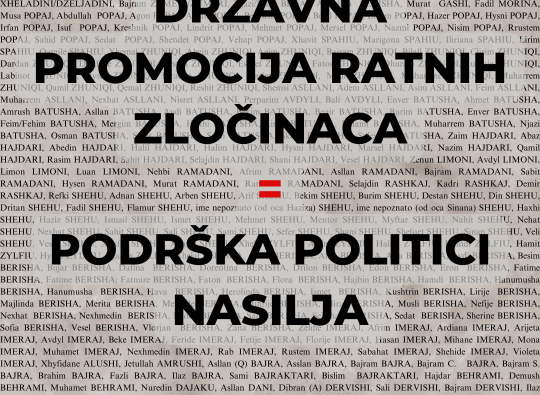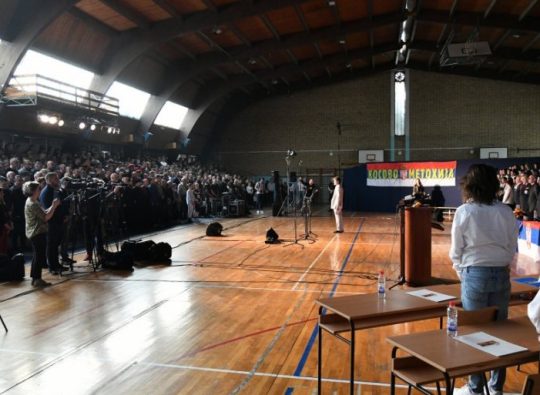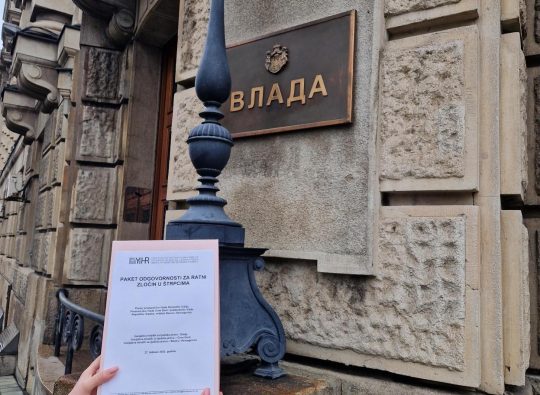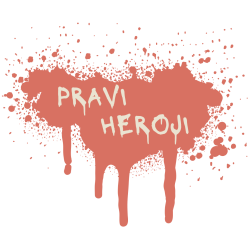Whoever is the author of the mentioned document, he/she only articulated the decades-long aspirations of extreme nationalists of different nations. In the name of that policy, the lives of more than 130,000 people were sacrificed in the 1990s, and hundreds of thousands were expelled in ethnic cleansing, in order to create ethnically pure villages, cities, territories and states. Military, police and paramilitary actions of murder, persecution, camps in order to implement this policy have been correctly characterized at domestic and international courts as war crimes, crimes against humanity, in the case of Srebrenica: genocide.
A truce was achieved and maintained in the Western Balkans with great difficulty, but lasting peace was not achieved. The best proof of this claim is the fact that the proposals contained in this “non-paper” are circulating in high-political circles as proposals worthy of attention.
Aspirations for ethnically pure nation-states of the largest Balkan nations lost their potential in the early 2000s when an alternative to European Union membership emerged, and the toughest nationalists were able to accept unification under one European flag, in economic prosperity. In the words of a Serbian extremist at the time – “Patriotism is not poured into a tractor, we are going to Europe”.
The reluctance and inability of the EU to integrate the countries of the Western Balkans have contributed to the dramatic growth of nationalisms in our societies. The support of Washington and some European circles for the idea of exchanging territories between Kosovo and Serbia gave the Balkan nationalist leaders space and support to fantasize further.
There is no need to name political leaders who are the current bearers of destructive ideas of ethnically pure states. Recent history teaches us that in each of our Balkan countries, but also in the EU countries, it is possible to make dramatic changes from democratic, civic, European to extremely nationalist goals and values and vice versa.
The European Union its member states and European political leaders have for years supported, tolerated or ignored the growing nationalisms in our societies. There is no more active fight against nationalisms, while the only mechanism that Europe uses is to slow down and practically stop the process of EU integration for our countries – which harms the citizens, and not the political elites who encourage and lead nationalist policies.
For all its shortcomings, “Non paper” offered a refreshing and new concept – for Europe to take responsibility and leadership in achieving peace in the Balkans. In that sense, the spirit of the document should be preserved, all the text should be deleted, and the text should start from the beginning. No drawing on maps. The borders of the six countries of the Western Balkans and Croatia should change only when they are erased within the EU and the Schengen area.
It is a vision that the citizens of our countries, and all our peoples, would support. It is a vision that would discourage our declaratively civic, pro-European political leaders from turning to nationalism, and perhaps even convert some on the other side. It is a vision that would create new pro-democracy and pro-European leaders and cut off the wings of criminal policy.
On the anniversary of the crimes in Ahmići and Trusina, we call on Europe, the European Union as an institution that symbolizes peacebuilding as a concept, to take responsibility and lead the process and instead of a credible membership perspective provide an express opportunity for Western Balkan EU membership.

